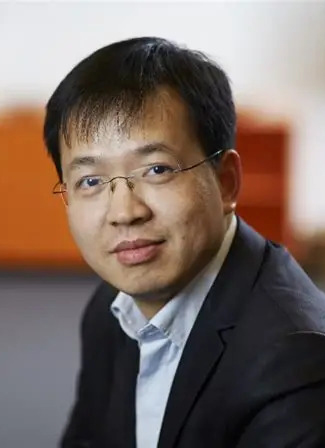 | Prof. Yan Zhang, University of Electronic Science and Technology of China, ChinaIEEE Fellow, Member, Academia Europaea Member, Royal Norwegian Society of Sciences and Letters Academy Member, Norwegian Academy of Technological Sciences, "Highly Cited Researcher"
Yan Zhang is currently a Full Professor with University of Electronic Science and Technology of China, China. His research interests include next-generation wireless networks leading to 6G, green and secure cyber-physical systems. Dr. Zhang is an Editor for several IEEE transactions/magazine. Since 2018, Prof. Zhang has been listed as a Highly Cited Researcher by Clarivate Analytics (i.e., Web of Science). He is Fellow of IEEE, Fellow of IET, elected member of Academia Europaea (MAE), elected member of the Royal Norwegian Society of Sciences and Letters (DKNVS), and elected member of Norwegian Academy of Technological Sciences (NTVA). |
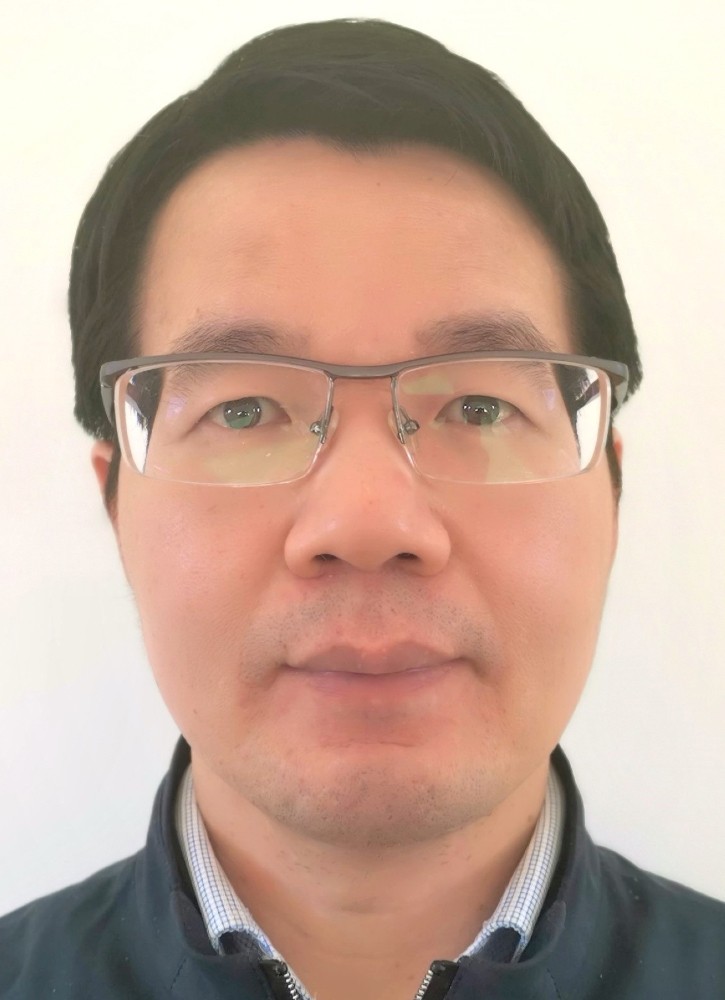 | Prof. Jianhua He, University of Essex, UKIEEE Senior Member
Dr Jianhua He’s research interests cover wireless communications, mobile networking, mobile computing, Internet of Things, edge computing, connected vehicles, autonomous driving, smart cities, computer security and blockchain, machine learning and artificial intelligence, deep learning for object detection and segmentation, data analytics, OCR, document understanding and key information extraction. He has published 170+ scientific papers in these areas in leading international conferences and journals (including Mobicom, Infocom, ICC, IEEE Tran. Wireless Communication, IEEE Trans. Intelligent Transport). These papers received 4500+ citations. He filed 16 patents with 4 granted on OCR, document understanding and knowledge graph. |
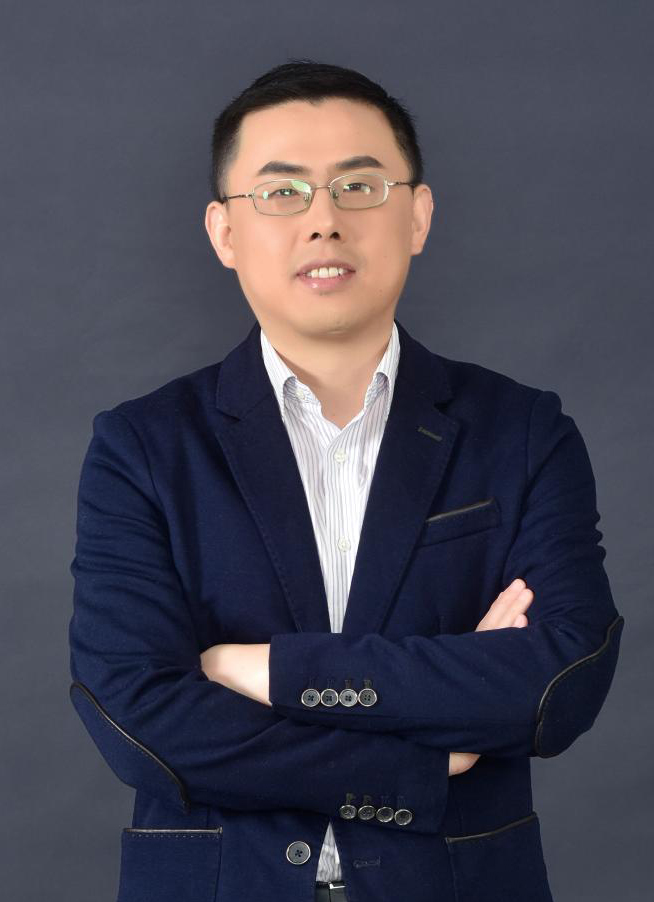 | Prof. Jianbing Ma, Chengdu University of Information Technology, ChinaChangjiang Scholar, Sichuan Distinguished Expert, and winner of Sichuan Emei Plan. The main research directions are: artificial intelligence knowledge representation, text information processing, intelligent weather.
In 2009, Dr. Ma Jianbing obtained a doctor's degree in artificial intelligence from Queen's University of England. From 2010 to 2012, he was engaged in intelligent monitoring research in the School of Computer Science of Queen's University of England. From 2013 to 2015, he served as a lecturer and associate researcher in the University of Coventry of England. From 2018 to 2019, he served as an expert in medical knowledge operation in Shanghai Senyi Medical Technology Co., Ltd. Dr. Ma Jianbing graduated from Tsinghua University with a master's degree and a bachelor's degree in 2007 and 2003. Dr. Ma Jianbing has undertaken and participated in many projects, including the European Union Mary Curie Project, the British Fusion Fund Project, and the Sichuan Provincial Science and Technology Department Project. He has accumulated more than 2 million yuan in research funding, published more than 40 academic papers, including more than 10 SCI searches. |
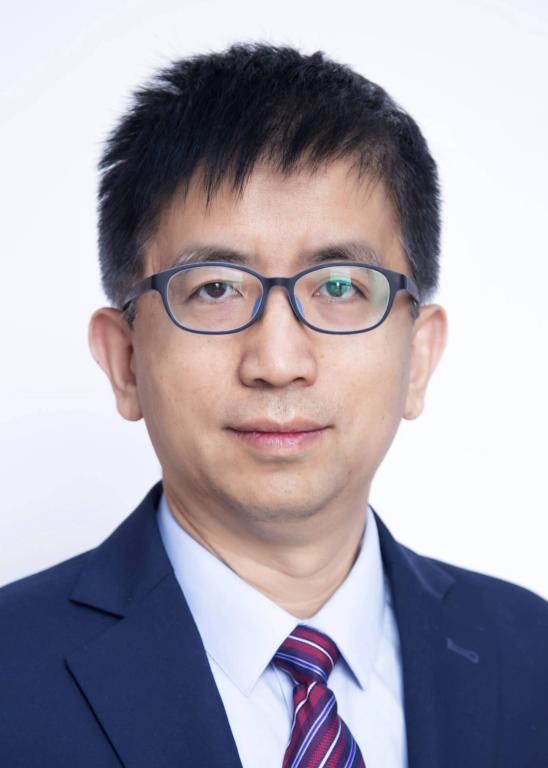 | Prof. Yan Qiang, North University of China, ChinaDean of School of Software
Yan Qiang received the Ph.D. degree from Taiyuan University of Technology, Taiyuan, China, in 2010.,He is currently a Professor with the College of Computer Science and Technology (College of Big Data), Taiyuan University of Technology, and the College of Software, North University of China, Taiyuan. His research interests include medical imaging, image analysis, computer-assisted systems for diagnosis and therapy in medicine, and natural language processing. |
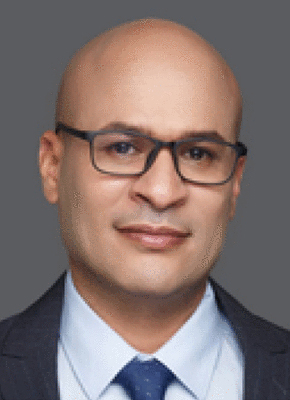 | Prof. Ammar Hawbani, Shenyang Aerospace University, ChinaAmmar Hawbani received the B.S., M.S., and Ph.D. degrees in computer software and theory from the University of Science and Technology of China (USTC), Hefei, China, in 2009, 2012, and 2016, respectively. He is an Professor of networking and communication algorithms with the School of Computer Science and Technology, USTC. From 2016 to 2019, he worked as a Postdoctoral Researcher with the School of Computer Science and Technology, USTC. |
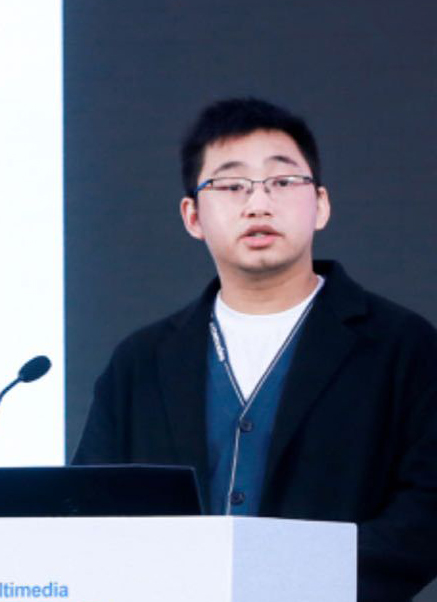 | Dr. Ji Zhang, Southwest Minzu University, ChinaDr. Zhang Ji graduated from the School of Computer Science and Artificial Intelligence at Southwest Jiaotong University and is currently a lecturer. He has served as a reviewer for top-tier international conferences and renowned journals in the field of artificial intelligence, including CVPR, ACM MM, TMM, TCSVT, and PR.
His research focuses on computer vision, image/video processing, and interdisciplinary areas of artificial intelligence. Over the past five years, he has published six papers in the fields of computer vision and deep learning (five of which were presented at CCF Class A international conferences), obtained three authorized invention patents, and received the Third Prize of the Henan Province Science and Technology Progress Award in 2023 and the Special Prize of the Henan Province Transportation Science and Technology Progress Award in 2022. He has also participated in one national key research and development program project, one sub-project of the national key research and development program, and over ten provincial-level research projects such as the Sichuan Province Major Frontier Project and the Guangxi Zhuang Autonomous Region Key Research and Development Project.
|

